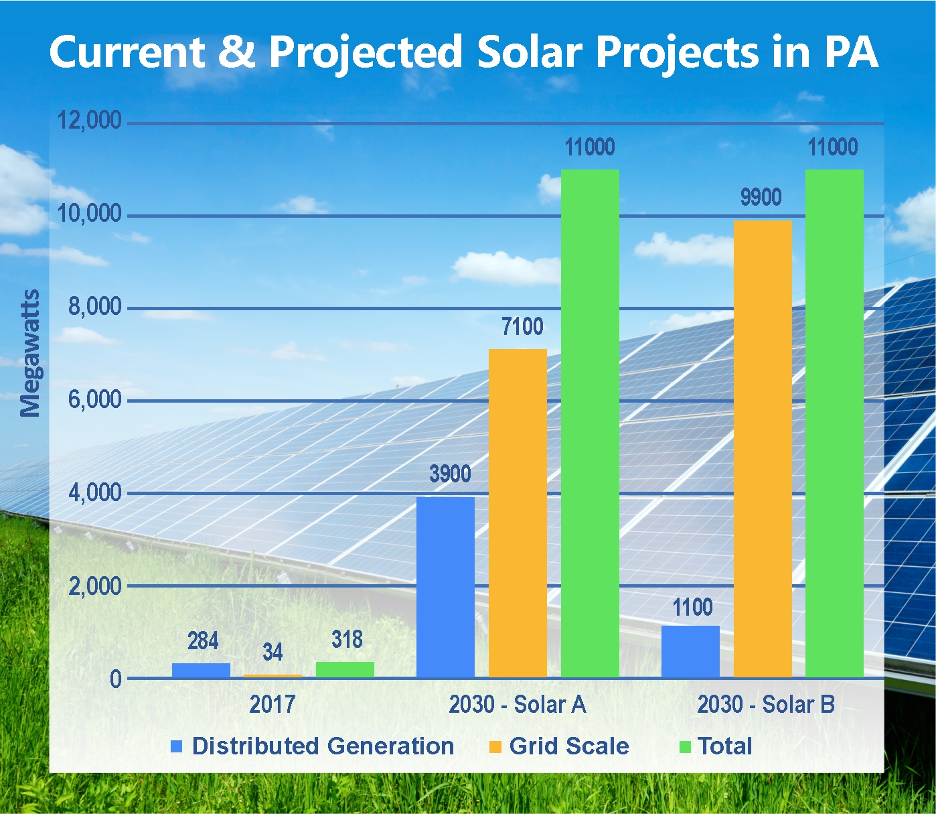EARTH DAY: THE FIGHT FOR OUR SPACE

Reality Check | ecoWURD | radio
Pollution. Climate Change. Zoning. Gentrification. Illness caused by damaged air, water and soil. These are typically viewed within the prism of debates on the environment and how we achieve environmental justice. But, in essence, these problems are all direct attacks on the spaces Black people and other marginalized populations live in and try to thrive in.
Only together can we protect our space. Only together can we fight for our space.
During the annual celebration and observance known as Earth Day, WURD Radio’s ecoWURD initiative, hosted by Charles Ellison led a conversation on environmental justice as “The Fight for Our Space.” The attempt was to reframe the usual Earth Day conversation away from an annual celebration and towards a more urgent dialogue on the open wars waged on our spaces and our lives.
This special Earth Day broadcast focused on natural processes, emerging green technologies, and innovative thinking that protects the spaces we live in and ultimately restores our world’s ecosystems … because we don’t have a future without them.
Here are some highlights from those conversations ….






























BLACK PREGNANT MOTHERS IN PHILADELPHIA ARE NOT SAFE


Reality Check | ecoWURD | radio
La’Tasha D. Mayes, Executive Director of New Voices for Reproductive Justice joined ecoWURD on Reality Check with Charles Ellison to discuss the alarming Black maternal health crisis in Philadelphia. Currently, Black births account for 43 percent of all births in the city, but Black mothers account for 73 percent of all pregnancy-related deaths in Philadelphia. The city has yet to respond.
“We should be outraged. We should be in an uproar. This should be a priority for the health of this city, especially for Black mamas,” said Mayes. “We have been astounded by the lack of care and concern for the health and well-being of Black women, girls and mothers. Overwhelmingly, it is Black mamas who are dying in childbirth. It’s race and gender, it’s racism in medicine and it’s this pernicious idea that Black women can take a higher threshold of pain.”
“We have world class health facilities in Philadelphia, but not when it comes to Black mothers.”
According to the most recent report from the Philadelphia Maternal Mortality Review Committee “…. Philadelphia’s rate of pregnancy-related deaths from 2013 to 2018 was approximately 20 per 100,000 live births, which is higher than the 2018 national rate of 17.4 per 100,000 live births. Non-Hispanic Black women made up 43 percent of births in Philadelphia from 2013-2018 but accounted for 73 percent of the pregnancy-related deaths.”
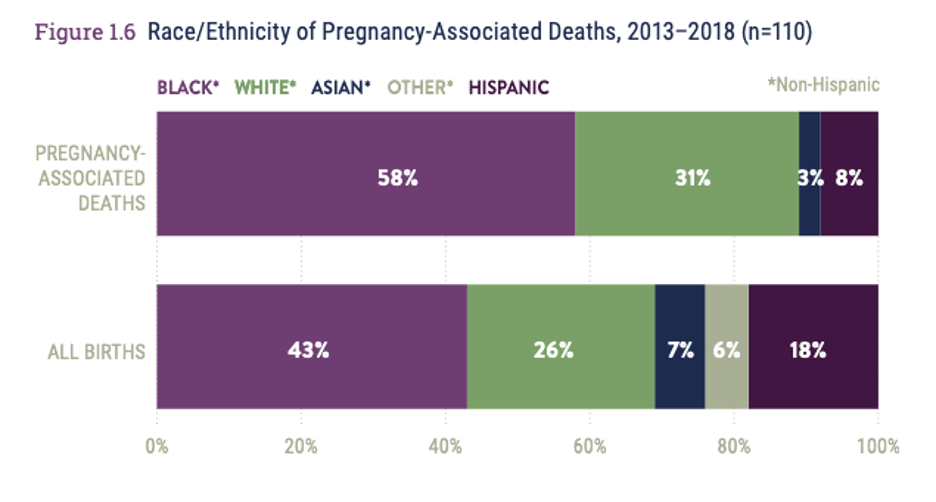

CONNECTING PHILADELPHIANS TO THE NATURAL WORLD … THROUGH MORE URBAN FARMS


Reality Check | ecoWURD | radio
Ash Richards, Director of Philadelphia’s Urban Agriculture Program and FarmPhilly joined ecoWURD on Reality Check with Charles Ellison to discuss Philadelphia’s current effort to encourage and expand urban farming efforts throughout the city. Expanded urban agriculture systems in a distressed city like Philadelphia not only grow more food, but also increase economic growth opportunities and help address multiple crises such as hunger and community violence.
“The core value of what we’re doing is connecting Philadelphians to the natural world. It’s also our job to exploit the self-determination of food sovereignty,” said Richards. “What support systems do we need for that and how can city agencies show up? Urban agriculture is generations of heritage, of BIPOC communities showing up for themselves.”
“Currently, we see very little funding for this work and that’s very unfortunate. What on earth would it look like if we had the appropriate budget to do the work we do?”
This is what the urban farming community looks like now in Philadelphia, according to maps created by Interface Studio …
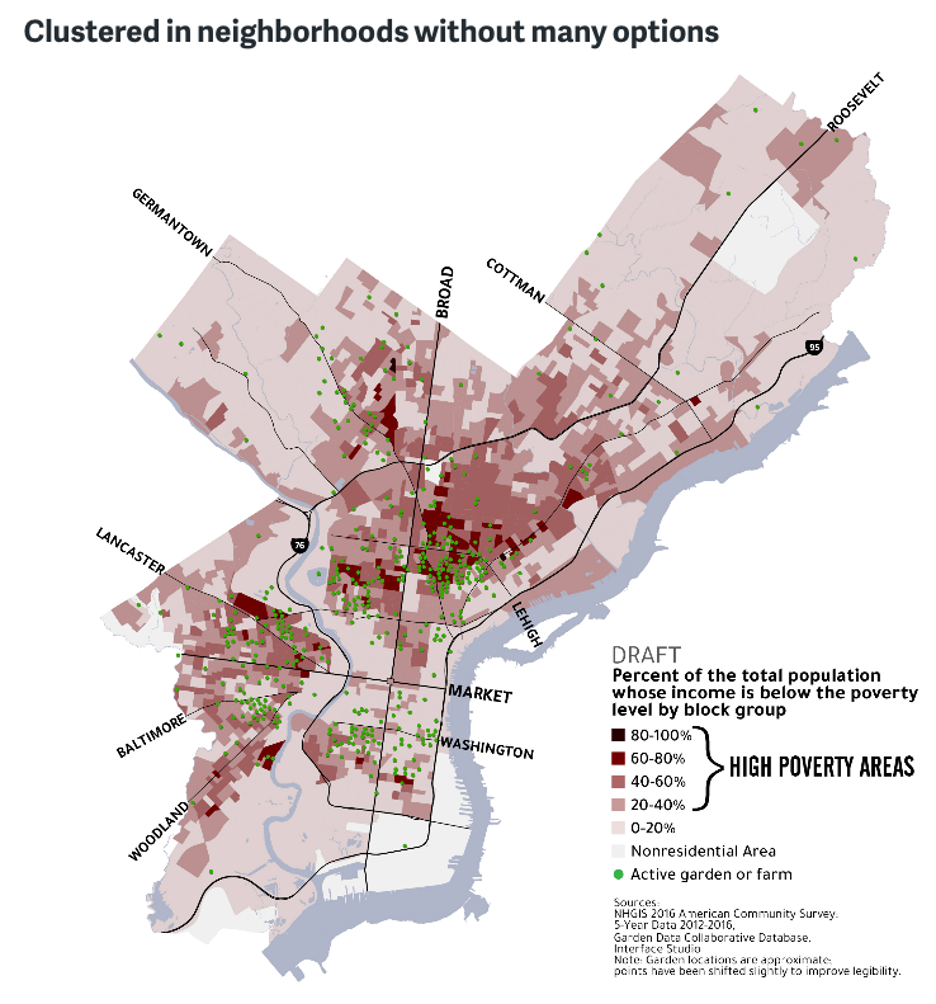

CLEAN ENERGY JOBS ACTUALLY PAY BETTER THAN FOSSIL FUEL JOBS
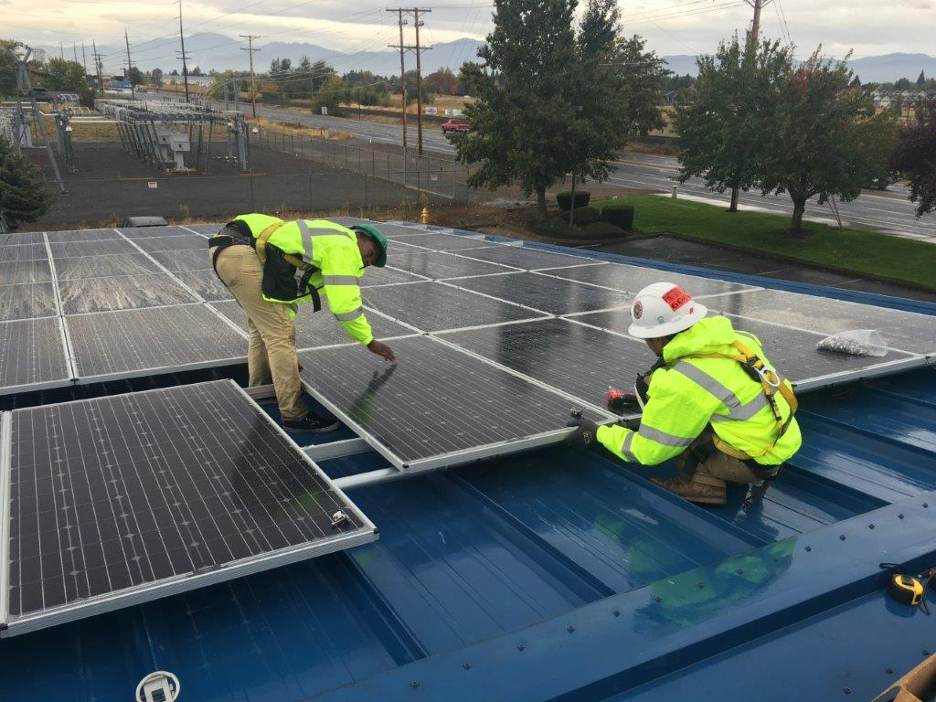

Reality Check | ecoWURD | radio
Sel Edor, Renewable Markets Director for BAI Group joined ecoWURD on Reality Check with Charles Ellison to discuss Pennsylvania proposing the most ambitious government supported statewide solar program in the country. Edor also talks about the stark contrast between clean energy jobs and fossil fuel jobs while addressing what the sector must do to attract a more diverse workforce. Just 8 percent of the solar workforce in the United States is Black.
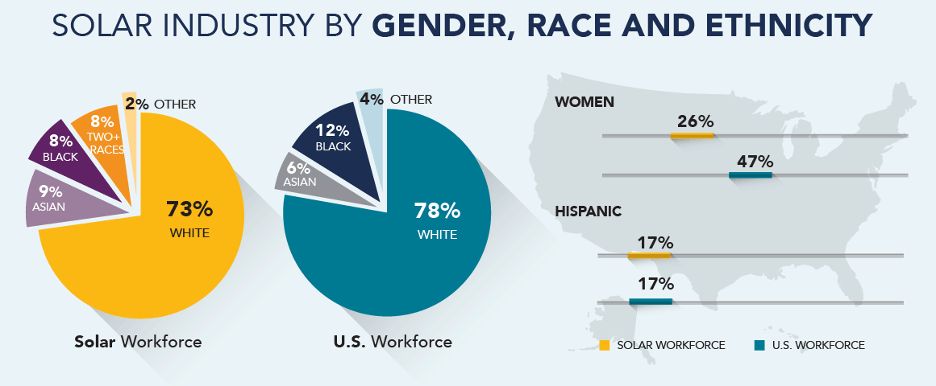

“We saw 300K jobs lost in the clean energy sector. In the second half of 2020, we started to recover with an 11% rate on those jobs,” says Edor. “This is the beauty of clean energy – it bounces back fast. This is a very agile, versatile sector.”
“Clean energy jobs actually pay better versus fossil fuel jobs. There is a pent up demand and need for clean energy. They pay better, economy improves, environment is better, public health is better.”
Governor Tom Wolf (D-PA) recently announced that Pennsylvania has agreed to purchase energy from 191 megawatts of in-state solar projects, which will stand as the largest procurement by any state government in the nation. The plan is to have 50 percent of Pennsylvania state-owned facilities to operate on solar energy. Pennsylvania’s current goal is 10 percent of all state energy usage relying on solar.
